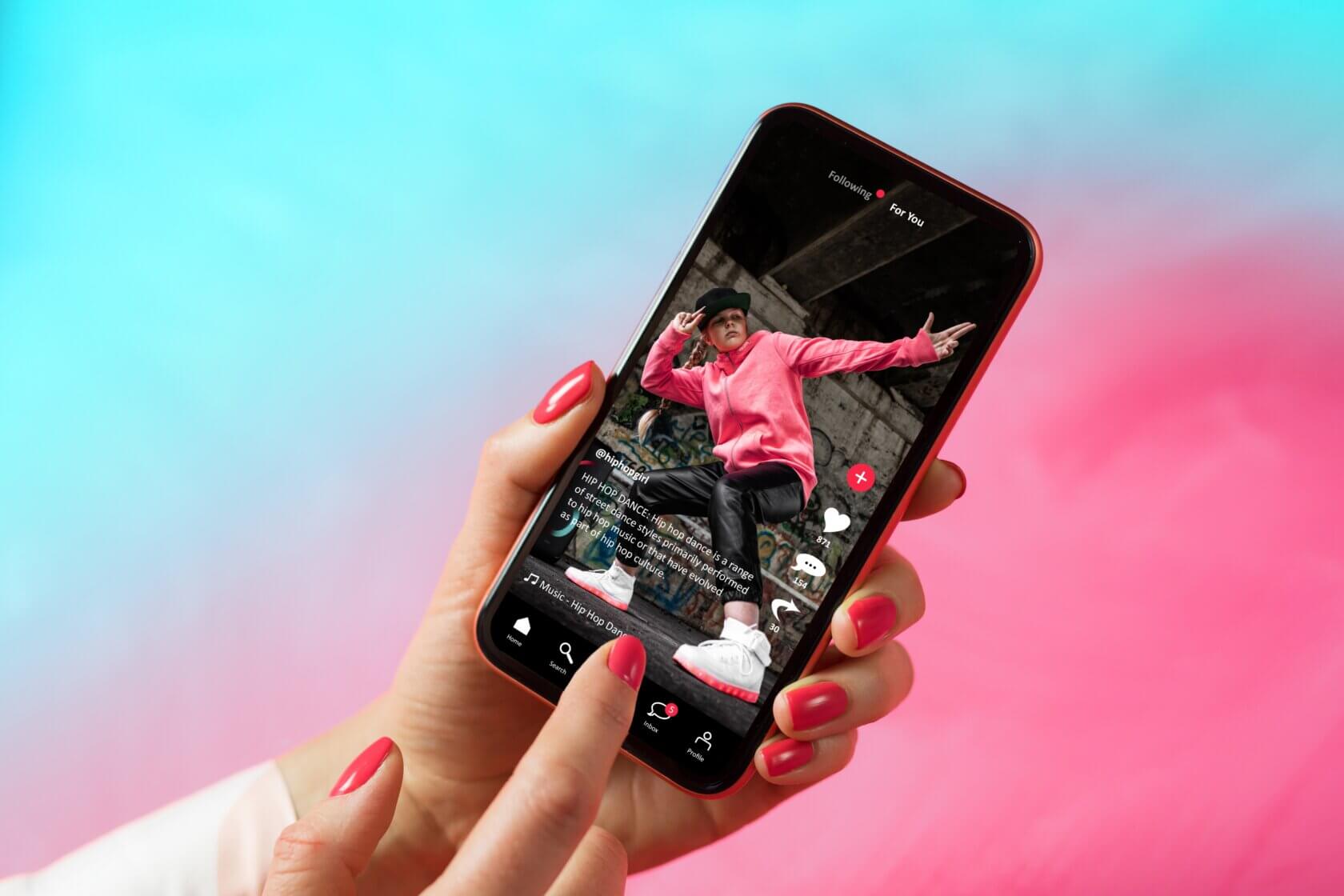In the digital age, social media platforms have revolutionized the way we consume content. TikTok, with its short-form video format, has become a global phenomenon, attracting millions of users with its engaging and bite-sized content. However, as the popularity of TikTok and similar platforms skyrockets, concerns about their impact on mental health, particularly attention spans and related disorders, have emerged. This blog explores the controversy surrounding TikTok, delves into research on its potential mental health impacts, and provides guidance on recognizing and addressing these issues.
The Rise of TikTok and Short-Form Content
TikTok’s success can be attributed to its unique approach to content delivery. By offering videos that are typically between 15 to 60 seconds long, the platform caters to the modern user’s preference for quick, easily digestible entertainment. This format has not only captured the attention of younger audiences but also influenced other social media platforms in the United States to adopt similar features, such as Instagram Reels and YouTube Shorts.
The Controversy: Attention Spans and Mental Health
The primary concern surrounding TikTok and other short-form content platforms is their potential impact on users’ attention spans. Critics argue that the rapid, high-stimulation nature of these videos could contribute to a decline in the ability to focus on longer tasks and increase the risk of developing mental health issues like anxiety, depression, and obsessive-compulsive disorder (OCD).
Research on the Impact of Short-Form Content
Several studies have examined the relationship between social media use and overall health, providing insight into the potential effects of short-form content on attention spans and psychological well-being.
- Attention Span: A study published in the journal Nature Communications found that the average human attention span has decreased significantly over the past two decades, correlating with the rise of digital media consumption. The study suggests that the fast-paced nature of platforms like TikTok may contribute to shorter attention spans, making it more difficult for individuals to engage in sustained focus on tasks such as reading or studying.
- Mental Health: Research published in JAMA Psychiatry highlighted the link between excessive social media use and mental health issues among adolescents. The study found that teens who spent more than three hours per day on social media were more likely to experience symptoms of anxiety, depression, and OCD. The constant exposure to curated, idealized content can also lead to negative self-comparisons and decreased self-esteem.
- Dopamine and Reward Systems: Studies on brain activity have shown that the instant gratification provided by short-form content can trigger the release of dopamine, a neurotransmitter associated with pleasure and reward. This can create a cycle of dependency, where users continuously seek out the quick bursts of satisfaction provided by these platforms, potentially leading to addictive behaviors and an inability to find pleasure in more prolonged, less stimulating activities.
Recognizing the Signs of Mental Health Impact
It’s crucial to be aware of the signs that social media use, particularly short-form content, may be negatively impacting mental health. Some indicators to watch for include:
- Decreased Attention Span: Difficulty focusing on tasks that require sustained attention, such as reading, studying, or working on projects.
- Anxiety: Feelings of nervousness, restlessness, or excessive worry, particularly related to social interactions or the fear of missing out (FOMO).
- Depression: Persistent sadness, loss of interest in activities once enjoyed, changes in appetite or sleep patterns, and feelings of hopelessness.
- Obsessive-Compulsive Behaviors: Engaging in repetitive behaviors or thought patterns, such as constantly checking social media for updates.
- Irritability and Mood Swings: Increased irritability or mood swings, particularly after using social media.
- Social Withdrawal: Avoiding in-person interactions and preferring to engage with others through social media only.

Steps to Mitigate the Impact and Seek Help
If you recognize any of the above signs, it’s essential to take proactive steps to mitigate the potential mental health impacts of short-form content consumption.
- Set Time Limits: Use app features that track and limit your screen time. Setting daily limits on social media use can help reduce dependency and create a healthier balance.
- Take Regular Breaks: Implement the “20-20-20” rule—every 20 minutes, take a 20-second break and look at something 20 feet away. This can help reduce eye strain and mental fatigue.
- Engage in Offline Activities: Make time for activities that do not involve screens, such as reading, exercising, or spending time outdoors. These activities can help reset your focus and reduce stress.
- Practice Mindfulness and Meditation: Techniques such as mindfulness and meditation can help improve attention span and reduce anxiety. Apps like Headspace and Calm offer guided meditations specifically designed for reducing stress and improving mental clarity.
- Seek Professional Help: If you find that social media use is significantly impacting your mental health, consider seeking help from a mental health professional. Therapies such as Cognitive Behavioral Therapy (CBT) and Dialectical Behavior Therapy (DBT) can be particularly effective in addressing issues related to anxiety, depression, and OCD.
- Foster Real-Life Connections: Prioritize face-to-face interactions with friends and family. Building and maintaining strong, supportive relationships can provide a buffer against the negative impacts of social media.
The Takeaway
As TikTok and other short-form content platforms continue to dominate the digital landscape, it’s essential to remain mindful of their potential impact on mental health. By recognizing the signs of negative effects and taking proactive steps to mitigate them, individuals can enjoy the benefits of social media without compromising their well-being.
At the end of the day, mental health is paramount. If you or someone you know is struggling with issues related to social media use, Centered Health and its family of treatment centers—including Los Angeles Outpatient Center,The Meadowglade, Beachside Teen Treatment Center, and Hillcrest Adolescent Treatment Center—offer comprehensive, evidence-based programs tailored to individual needs. With a dedicated team of professionals, these centers provide a safe, compassionate environment where individuals can receive the care they need to heal and thrive.
In the words of NBA player, Kevin Love, “Everyone is going through something that we can’t see. The thing is, mental health is health. And mental illness doesn’t discriminate.” Recognizing and addressing the mental health impacts of social media is a crucial step toward fostering a healthier, more balanced life.










